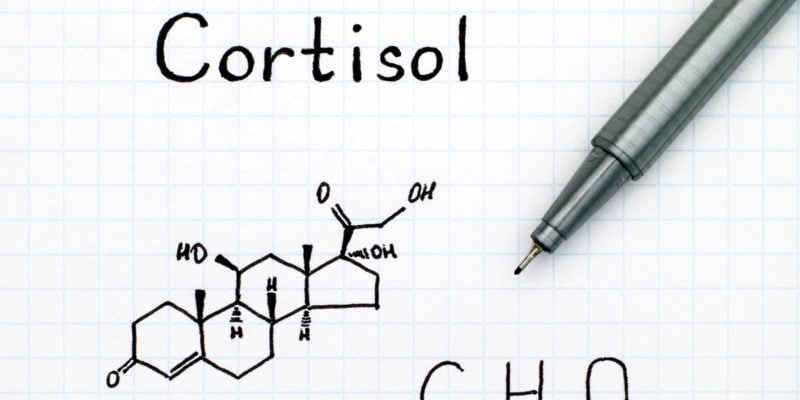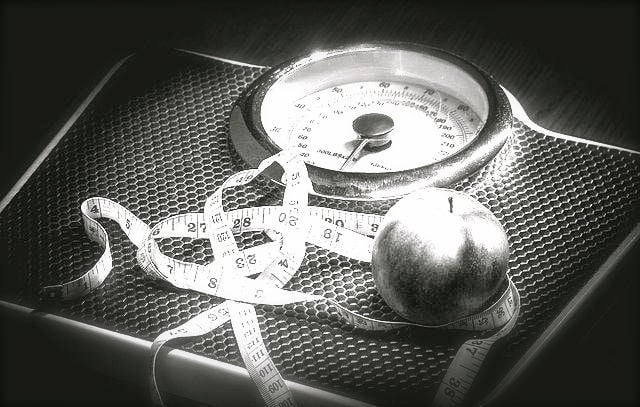Diets and changing the way we eat is usually the first go-to when we decide we want to lose weight. This typically involves adopting some form of popular or trendy diet or way of eating – HCG diet, keto, intermittent fasting, and weight watchers are a few of the most well-known trends right now. The problem with following a ‘fad diet’ or program like weight watchers is that once you lose the weight and go off the diet, the pounds may slowly accumulate making you feel like you need to adopt another diet.
You can start off your weight loss goals with a special diet like using the keto diet to guide you towards a low-carb eating pattern or weight watchers to help you reduce your portion sizes and becoming more mindful of your eating choices for example. At the end of the day though, healthy, sustainable weight loss and weight management is much more than just a ‘fad’ diet – it is a lifestyle change that should really include some form of physical activity.
If you find yourself eating the healthiest food and reducing your portion sizes and find you are still not losing weight, this is when it is important to look into what other factors are making your body hold onto the weight. Is it emotional weight you are holding on to or is it that you are not active enough to burn off the calories? Maybe there is some sort of hormone imbalance or excess inflammation in your body.
Dr. Suhani’s Top 5 areas to address when it comes to weight loss
NUTRITION

Your Calories in should be less than your Calories you burn in a day to achieve weight loss but you shouldn’t be eating as little as promoted in the HCG diet.
It’s also important to ensure your diet is composed of healthy fats, protein, fruits and vegetables and fewer carbohydrates – the carbs you consume should be more complex carbs (those rich in fibre like starchy vegetables (sweet potatoes, winter squashes, carrots) and whole-grains) rather than refined carbs (sugary, “white” or refined foodstuffs). This doesn’t have to be as strict as the keto diet (which is not for everyone). The basis of the keto diet is that if you restrict carbohydrates, you have less glucose available for your cells to burn so they turn to burning fat resulting in more energy per gram of fat and why people may feel they have more sustained energy when they follow keto. By eating a lower carb diet, you are giving your body a better chance of burning fat. This also regulates your insulin levels as high insulin levels will impede your ability to lose weight.
Intermittent fasting can be great because you can restrict the amount of food you eat in a day plus it helps to improve your metabolism along with helping with inflammation and could provide more energy. The longer the fasting hours, the greater chance your body has of switching from carbohydrate to fat metabolism. Intermittent fasting may not be for everyone though and there are also different variations. The most common is a time-restricted eating interval of 16:8 (16 hour fast with 8 hour eating window). It is best to ask your healthcare provider how many hours they recommend you fast for.
PHYSICAL ACTIVITY

You want to lose weight but hate exercising so decide you will just adopt a diet to help you lose weight. Exercise builds muscle; It improves your heart rate and makes your heart pump more efficiently; and, it releases endorphins that will make you feel good – it can help boost mood. Engaging in physical activity increases your calorie expenditure giving you more leeway and room to consume more calories. Exercising can improve insulin regulation. There are so many benefits to exercising and it doesn’t have to be going to the gym. Join a dance class, do yoga more than once/week, go to a barre class, go run on the street or ride a bike. You can even start off by running up and down your stairs at home for 20 minutes 3-4 times per day coupled with some weight/resistance exercises.
HORMONES

The diet and physical activity stuff you can experiment with yourself but figuring out your hormones is hard on your own because every hormone connects to another and when one goes off track, it’s like a domino effect on all your other hormones.
Stress increases your cortisol which can increase your insulin levels and increase your risk of high blood sugar and type 2 diabetes and weight gain. High cortisol can affect your thyroid and lower thyroid hormones will also contribute to weight gain (Read more on what affects your thyroid here). Both cortisol and thyroid disorders will then affect your sex hormones.
This is why, as part of your weight assessment, I am always curious to know what all your thyroid hormones look like – not just your TSH (which is commonly the only marker your MD will test to screen for thyroid issues).
Assessing your adrenals via a cortisol panel can also be important and often if someone just cannot lose weight, finding out one’s HOMA-IR (Homeostatic Model Assessment for Insulin Resistance) ratio is important. The more insulin resistant you are, even when your blood sugar is not diagnostic of diabetes, the harder it is to lose weight.
There are treatment recommendations that can be made to improve your insulin sensitivity and regulate your cortisol and thyroid function if these are off to make it easier to lose weight.
INFLAMMATION

This could be evident if you notice your weight increases throughout the day or if you feel that are lot of your weight gain is related to retaining water (wrist swelling, ankle swelling). Perhaps you feel bloated after you eat certain food which can indicate some form of food intolerance or food sensitivity that can create gut inflammation. Joint and body pain along with low energy and fatigue are other possible signs for inflammation. Chronic inflammation will increase cortisol further contributing to weight gain.
EMOTIONS

Often we hold on to emotional events and emotions that create stress. This can lead to weight gain too and being able to release those emotions can help to reduce stress and release the weight. Emotional eating can also promote weight gain and not addressing, accepting, and releasing those feelings and emotions we are holding on to can make it hard to break the cycle of emotional eating and adopt a healthier eating regime.
If weight loss is on your radar or you are struggling with what diet to follow, I can provide you some guidance. Physical activity, ensuring optimal hormonal balance, minimizing any inflammation, and addressing your emotional state can be part of your weight loss assessment and treatment plan.
REFERENCE
De Cabo R, Mattson MP. Effects of intermittent fasting on health, aging, and disease. N Engl J Med 2019;381:2541-2551. Retrieved from http://www.worldpharmanews.com/research/5070-intermittent-fasting-live-fast-live-longer on 3rd Jan 2020
